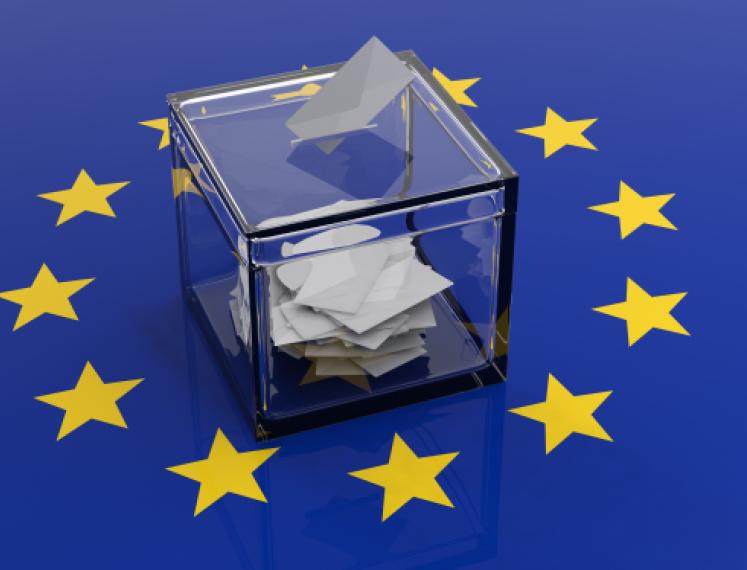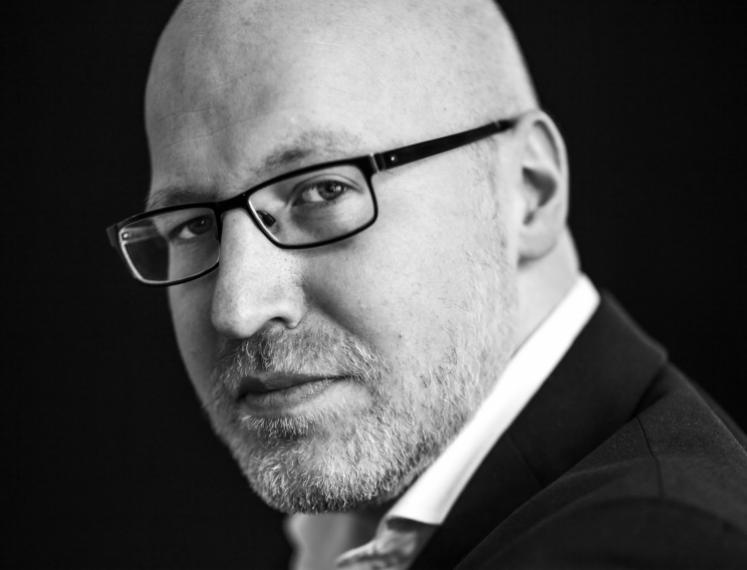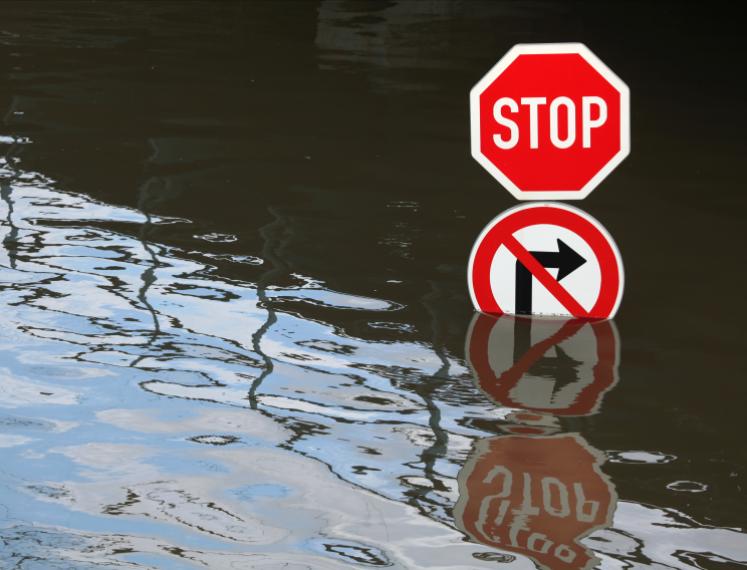
Forum Groningen
Nieuwe Markt 1
Nederland
EU Debate: Why Should You Vote?
Are you going to vote in the European elections this year? Elections for the members of the European Parliament (MEPs) are held once every five years. In the Netherlands they will be held on Thursday 6 June.
Why should you vote? The European elections are important because they revolve around who will represent you in matters that are important to you. These MEPs, organised in pan-European political groups according to their political stance, decide on new legislation, agreements, and how your tax money is spent. This year, there is a lot at stake. In the years ahead, the EU has to make important decisions on complex issues such as climate change, migration, and the war in Ukraine. But Europe is more divided than ever. Across Europe the far right is rising. The right-wing populists are running election campaigns for their own nation states, and against a united Europe and its core values. The polls predict that they could pick up a quarter of seats in the European Parliament. How will a shift to the right affect the future of the EU? Is it still possible to make EU policy… in a divided and contested Europe?
In the run-up to the European elections, we challenge candidates for the different political parties in the European Parliament to explain and discuss their positions on these crucial issues. We discuss all of the above and more with Judith Koop (ChristenUnie), Raquel García Hermida-van der Walle (D66, Alliance of Liberals and Democrats in Europe), Lennart Salemink (VVD), Kim van Sparrentak (GroenLinks-PvdA), Sjoerd Wijnsma (CDA), Reinier van Lanschot (Volt Nederland), Fenna Feenstra (SP), Michiel Hoogeveen (JA21) and Reinout van Malenstein (NSC).
The following themes will be covered during the debate:
- Migration
- The war in Ukraine
- Green Deal
- EU dependence on other countries
- Investment in the North
This edition is organised in cooperation with the Faculty of Arts (University of Groningen) and the research group Democracy & Governance (Rudolf Agricola School) and Forum Groningen.
Couldn't get tickets? Watch the livestream down below!
EU Debate: Why should you vote? from Forum Groningen on Vimeo.
Additional programme
The debate starts at 8 pm, but for those interested in more there will be an additional programme:
6.45 - 8.00 pm | Jongeren Advies Raad (JAR)
The Jongeren Advies Raad (JAR) of the province of Groningen will have a stand in the Forum to inform visitors about the European elections. Why should (especially young people) vote? JAR will also explain why youth participation is so important.7.00 - 7.45 pm | EU Explained: Uncovering the Perceptions (Rabo Studio)
Do you know exactly how the EU or the EU Elections work? This short lecture will explain the key issues related to the competences of the European Union, the power of the European Parliament, and the topics the EU should deal with.In this session, Ramses Wessel (Professor of European Law), Jana Novakova and Judith de Bruijn (Study Association Clio) take you on an interactive journey of popular (mis)conceptions of the EU workings and its consequences on each individual.
Find out how you are affected by everything that is brought up in the European Parliament and discover how your vote matters.
7.00 - 7.45 pm | Free Debate Workshop (Newsroom)
Do you enjoy debating on a variety of topics, but feel like you need to polish your skills? This short workshop will take care of just that. We will cover everything, from the most basic aspects of debating, to building good arguments and analysing different motions. Led by Groninger Debating Society Kalliope.


